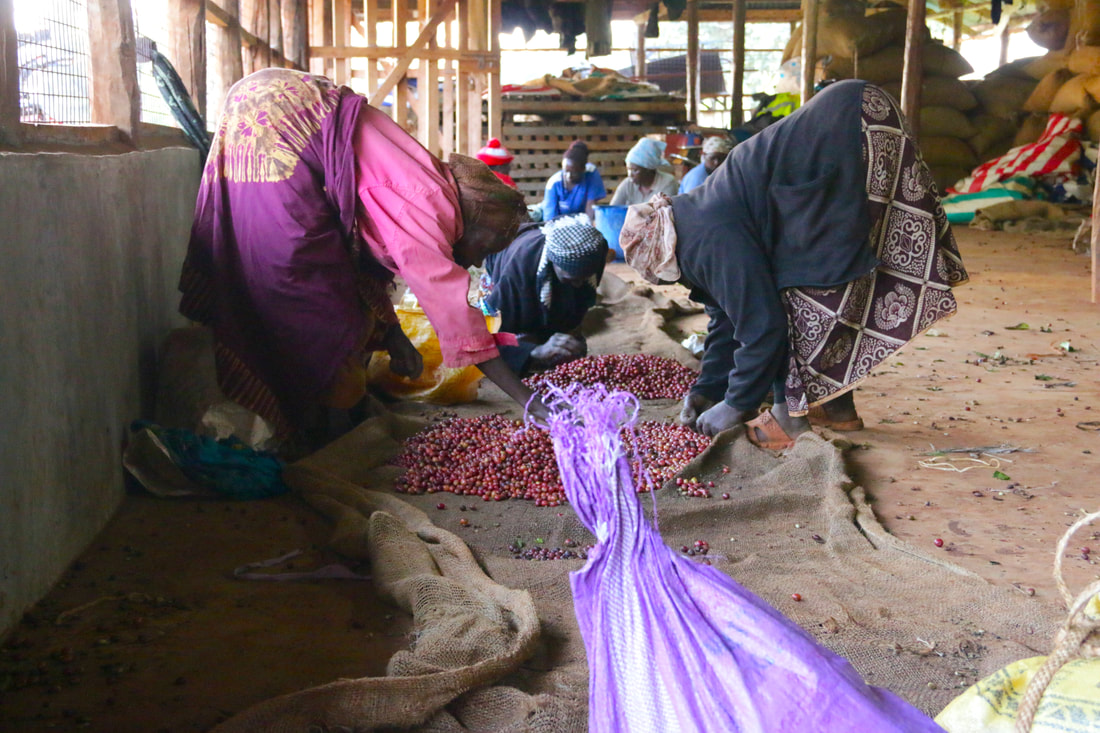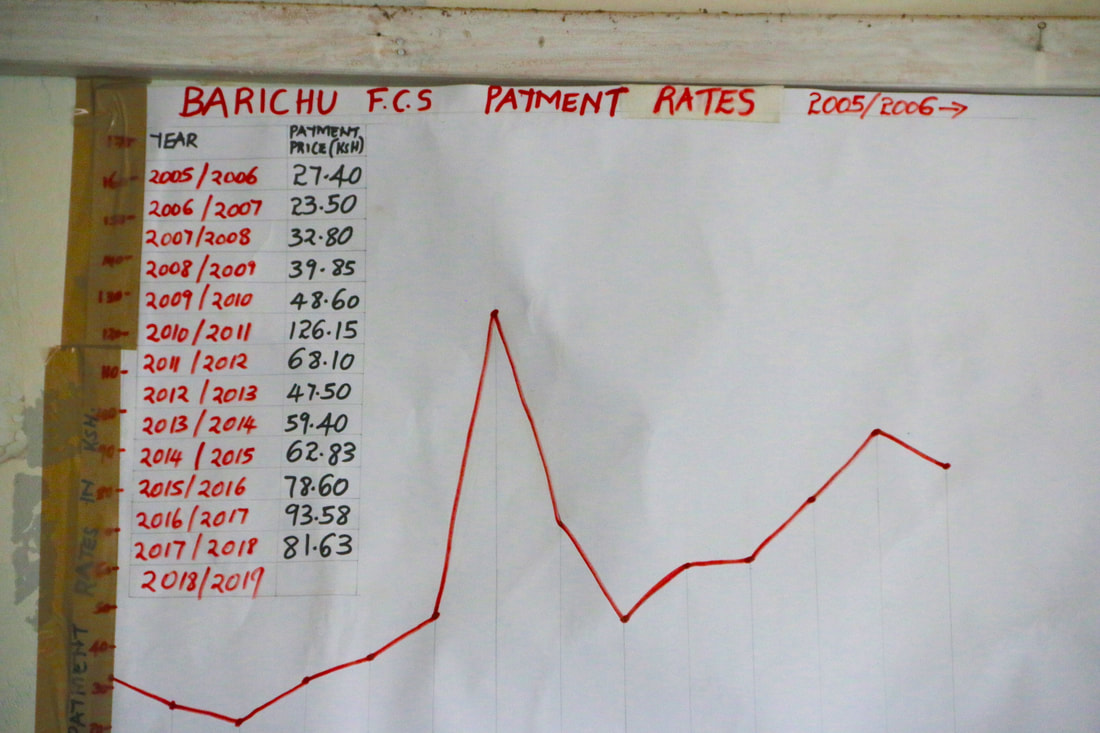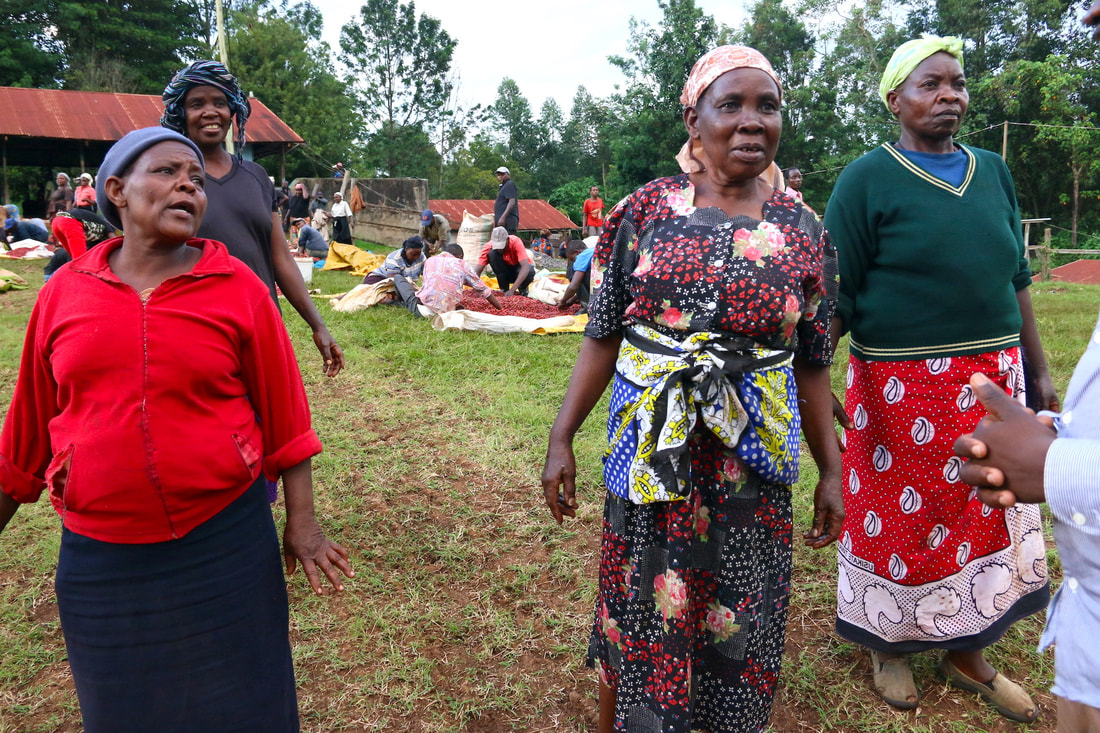What differentiates us from the rest of the coffee industry, is that in the specialty trade we deal with smaller lots, processed with clearly defined quality standards, desirable organoleptic characteristics, information of the origin and traceability, environment care in the production and logistic and ethical trade as direct as possible. And here is where the importance of price transparency is reflected, this is where we promote the most ethical and direct trade possible in order to benefit the person who works the hardest in the entire chain, the coffee growers.
Price transparency is directly linked to ethical and direct trade, its objective is to establish minimum payment ranges to coffee farmers and to be able to monitor their evolution over time. The importance of having data on how the price we pay is distributed in origin, is to be able to detect how much goes to the farmer and how much is used for processing and export.
For us, as we have been saying for several years now, the objective is that all coffee growers in Africa and Indonesia obtain at least 1 USD per kg of cherry delivered to the washing station. In countries like Kenya that goal is very close to being met, but in countries like Burundi that goal seems unattainable.
For those who do not know, on average 6 kg of cherries are needed to produce 1 kg of green coffee. For example, in the case of Kenya Karatina AB, the price paid to each coffee farmer was KSH101.15 / kg cherry, the exchange rate It is 108.76 KSH / USD, which gives us 0.93 USD / Kg cherry, and this multiplied by 6 to calculate its value for one Kg of green coffee is 5.58 USD / Kg of green coffee.
We are still working on the best way to offer this information, many times it is difficult to get the exact details from the coops, but we try to be as transparent as possible with the information we have.
Enjoy your Kenyan coffee.





 RSS Feed
RSS Feed